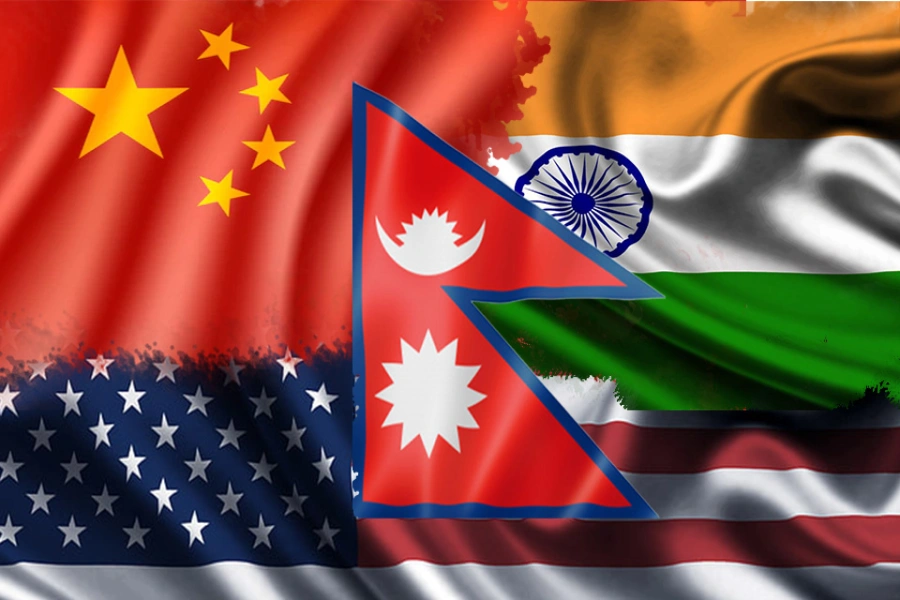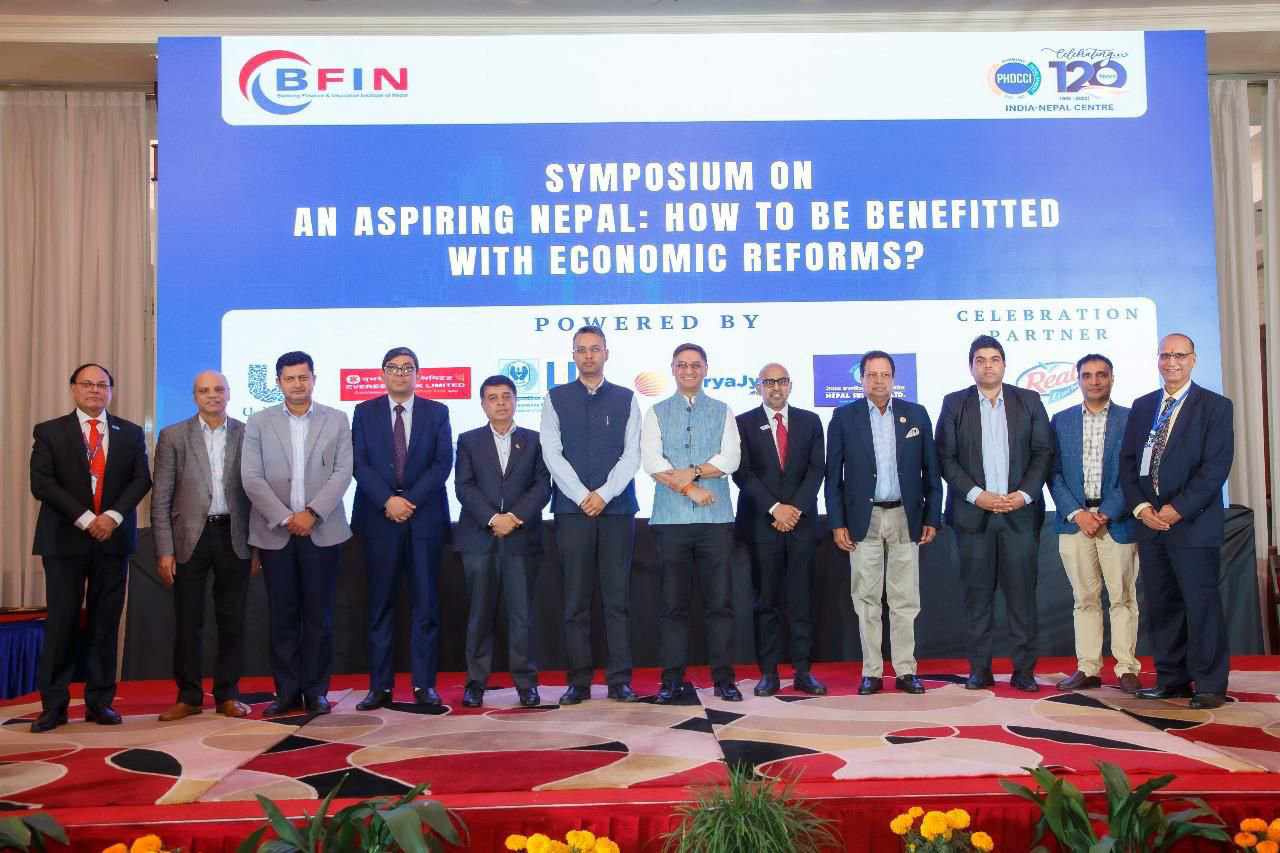KATHMANDU, May 24: The World Bank has warned that Nepal may not achieve the status of a lower-middle-income country by 2030 if it does not pursue and implement comprehensive reforms to address long-standing challenges of the country.
Releasing Nepal Country Economic Memorandum entitled 'Climbing Higher: Toward a Middle-Income Nepal', the World Bank said that a more comprehensive strategy to boost investments and productivity is needed to enable graduation from low-income-country.
Apart from graduating to Least Developed Country by 2022 and achieve the Sustainable Development Goals by 2030, Nepal has also set a target to become a middle-income country before 2030.
The World Bank classifies countries into various income groups based on gross national income per capita. For 2016, lower-middle-income countries were defined as countries with GNI per capita more than $ 1025. The GNI per capita calculation in 2016 for Nepal was $730.
The World Bank said that the reform could enable the country for a faster graduation to middle income country. “However, under a reform scenario where, for example, both investment and productivity improve until 2021 and then level off, Nepal's trend rate of growth accelerates to 4.3 percent and graduation from lower-income-country status occurs in 2027,” read the report.
Breaking down policy barriers like political instability and intensify the level of competition in the domestic market through elimination of cartel, building new sources of growth like unleashing large investments in hydropower, revitalizing existing sources of growth like reforms in agriculture and investing in people to fully capture the demographic dividends are the four key approaches as part of comprehensive reports that the World Bank report's has laid out to boost investment and accelerate productivity.
The World Bank economists also said that there was a need for a radical reform on public investment management system. Complete disconnect between planning, policy and budgeting of projects, ineffective project appraisal and prioritization and shifting of priorities with the changes in the government, are some of the stages cited in the report.
“Public investment is not only low, but it is very inefficient in creating complete assets,” Damir Cosic, a senior economist with the World Bank, said, presenting the report in Kathmandu on Tuesday.
According to the report, public investment contributed just 1 percentage point to the average growth of 4 percent between 2007 and 2014 -- a period of political transition or a decade after the end of conflict.
Cosic also said that building hydropower could be a new source of growth which could also help Nepal in graduating from low-income country status.
According to a World Bank tally of potential investments in hydropower sector between 2017 and 2030, a total of Rs 486.5 billion is required as investment for a total of 8,571 megawatts of hydropower projects that are in various stages of preparation. “Comparing this 'hydropower investment' scenario to the baseline scenario gives an estimate of the economy-wide effects of investing in hydropower sector. As expected, GDP growth is higher than in the baseline scenario and averages 4 percent,” said Cosic, referring to the average 3.6 percent GDP growth for a period of 2017-2030 in the baseline scenario.
According to the report, the faster growth would enable the country to achieve the middle-income country status. “By 2030, GDP itself is 4.5 percent higher than would otherwise be the case. Given faster growth, Nepal would be able to graduate from low-income country status by 2029,” the report added.
'Remittances a symptom of chronic problem'
The World Bank has said that the remittances and outmigration at a large-scale is accentuating existing challenges of the country which is in 'a low growth, high migration trap'.
Releasing Nepal Country Economic Memorandum on Tuesday, the World Bank said that large-scale outbound migration and remittances inflow contribute in the erosion of competitiveness, fuelling consumption, sustaining low-productivity agricultural activity and reducing pressure to generate more productive employment at home. “
"Though migration and remittances have delivered gains for Nepal, it has also compounded the long term-problem of the country," said Damir Cosic, a senior economist with the World Bank.
The World Bank report said the current development path has been marred by a 'paradox' with rapid pace of poverty reduction but slower economic growth. "Large-scale migration is not a sign of strength, but a symptom of deep, chronic problems. Remittances are providing safety net so people do not fall into poverty, but are not being used to leverage rapid growth and greater opportunity," read the report. "Large-scale migration is rapidly, and in many cases, permanently, depleting the country's stock of human capital," it added.“
"And, while remittances are helping boost household expenditure. They are doing little directly to improve public service delivery. Consequently, the quality of education, health care, and infrastructure remains abysmal," stated the report.
According to the report, large-scale migration and the ensuing remittances have also contributed to the steady loss of competitiveness (through appreciation of real exchange rate) and have enabled the growth of the low-productivity services.
Out of the total workforce of 14 million, some 4 million (28 percent) are working abroad, an estimate shows.“
"Perhaps the most detrimental aspect of large-scale migration is that it relieves the pressure on policy makers to be more accountable and to deliver results," it added.
National conference on comprehensive sexual education in being...







































